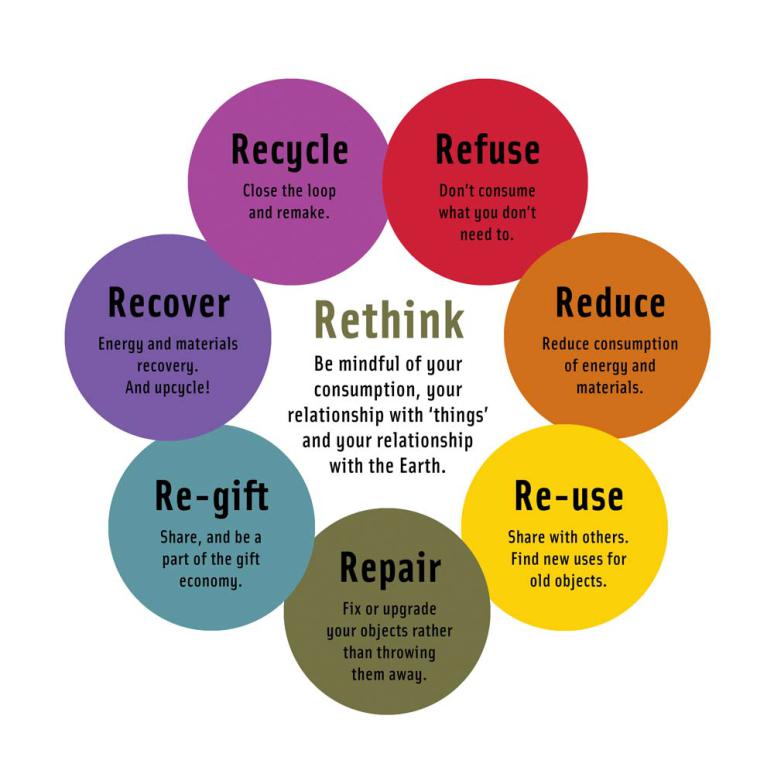COVID has underlined the deep mutual connection and reliance we have with the natural world. It is also showing that our current socio-economic systems don’t work. But what else do we have to work with? Well, people are looking to the Circular Economy for answers
What is the Circular Economy?
A circular economy is an economic system aimed at minimising waste and making the most of resources. In a circular system, resources, waste, emissions, and energy leakage are lowered by reducing consumption and production. It’s about long-lasting design, maintenance, repair, reuse, remanufacturing, refurbishing, and eventually, recycling. This approach is in contrast to what we have now, which is a ‘take, make, dispose’ model of production.
Where to start, then?
Let’s start by adding “slow” to the term “circular economy”, because language matters.
For our economy to be restorative and generative, not just cycling more and more resources around faster and faster, we need to both: slow the flow and close the loop by reducing production and consumption. This means reversing the waste hierarchy and putting “refuse” (as in, “don’t want it”) and “reduce” at the top of the list. This allows us to tackle consumerism, overconsumption and overproduction head-on while questioning the notion of growth altogether.
So, Is this slow circular economy already happening??

Graphic: Stig’s Illustration and Design
Yes! Some concrete steps that are already changing the landscape of the economy and our cultural attitudes are tax incentives for repair, setting limits on advertising, take-back schemes or Extended Producer Responsibility regulations. Eliminating the use of hazardous chemicals, reducing resource use such as energy, water and raw materials, as well as carrying out better working practices (wages, standards, health, working hours etc.) for manufacturers and in farming and mining. To improve production, people are slowing it down and making it more resilient. New, alternative business models (eg. sharing, renting, cooperative, non-hierarchical, slower fashion cycles) are also a common feature of businesses and organisations and facilitate a slow circular economy
As the pandemic forces us to slow down our routines and lifestyles, let’s also reimagine how to slow down our consumption patterns and adapt our production models. This crisis has given us the opportunity to rethink and reinvent our future and the systems that underpin our economy.
Edited version of article by Paula Tejón Carbajal, Global Campaign Strategist for Greenpeace International
